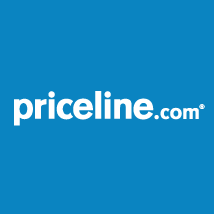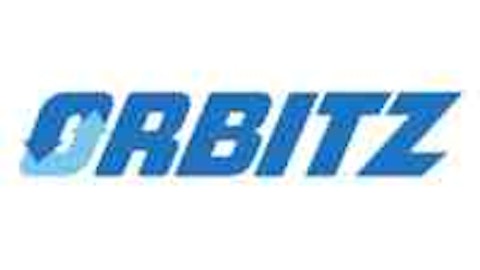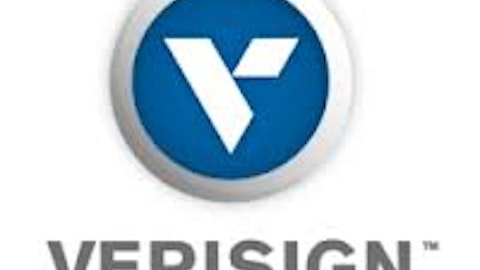If you booked travel online this past July, you did so in good company. Online travel bookings peak in July, and this summer is set to be a record-breaker. U.S.-based travel companies expect $54 billion in online travel bookings in their vital third quarter (Q3) this year, a 10% increase over Q3 last year and an enticing indication of future profit potential.
In 2012 worldwide online travel bookings grew by 7% to over $370 billion. Yet despite the industry’s substantial size and rapid recent growth, it still harbors vast potential. In 2012, online bookings accounted for less than 40% of total worldwide travel sales, which are approaching $1 trillion annually.
Moreover, the U.S. Commerce Department projects the domestic travel industry will grow annually by 6%-8% through 2016, providing another reason for optimism regarding the leading U.S. online booking companies, Priceline.com Inc (NASDAQ:PCLN), Expedia Inc (NASDAQ:EXPE) and Orbitz Worldwide, Inc. (NYSE:OWW). These three companies alone combined for over $10 billion in revenue and $1.5 billion in profits in 2012.
Priceline’s Leading International Position
Priceline.com Inc (NASDAQ:PCLN) is the largest of the online travel agencies, with a market capitalization of more than $45 billion and 2012 gross profit of $4.1 billion. The company operates through various brands, including priceline.com, kayak.com, and rentalcars.com to provide discount rates for online bookings of hotels, flights, and rental cars.
Unlike its chief competitor, Expedia Inc (NASDAQ:EXPE), which dominates online travel in the U.S., Priceline.com Inc (NASDAQ:PCLN)’s primary revenue source is international bookings. In 2012 over 80% of Priceline’s $28.5 billion in bookings occurred outside the U.S.

With the largest international presence in the industry, Priceline.com Inc (NASDAQ:PCLN) is in a position to thrive as international online travel booking rates rise to U.S. levels in the coming years.
Expedia’s Quest for International Profits
Expedia Inc (NASDAQ:EXPE), like Priceline.com Inc (NASDAQ:PCLN), operates through various brands and websites, including expedia.com, hotels.com, and hotwire.com. As mentioned above, Expedia has a stronger presence in the U.S. than Priceline does; in 2012 Expedia accounted for 43% of U.S. online travel bookings compared to Priceline’s 11%. However, the company is intent on shifting the balance of its operations toward faster-growing international markets.
Expedia Inc (NASDAQ:EXPE) trumpeted a 36% increase in international revenue to $454 million in Q1 2013, having added 26 international points of sale in 19 different countries in the last two years. Yet despite Expedia’s recent surge of acquisition activity, international revenue sources still contribute less than half of the company’s total income.
Expedia Inc (NASDAQ:EXPE)’s current stock price suggests market skepticism that its U.S.-focused business will keep pace with Priceline.com Inc (NASDAQ:PCLN)’s internationally fueled growth. While Priceline trades at a price-to-sales ratio over 8 on revenue of $5.5 billion, Expedia’s ratio hovers around 2 on only slightly lower revenue of $4.4 billion.
Expedia Inc (NASDAQ:EXPE) also falls short of Priceline.com Inc (NASDAQ:PCLN)‘s profitability. Priceline has an operating margin of 35%, in large part due to its focus on the highly profitable, fragmented European hotel market. In comparison, Expedia’s operating margin is just 12%. Although Expedia has comparable revenue to Priceline, its lower margins resulted in 2012 earnings that were less than half of Priceline’s. With its slim operating margins, using the price-to-earnings (P/E) metric, Expedia is significantly more expensive than Priceline. Expedia trades at a P/E of 48 while Priceline has a P/E of 32.





